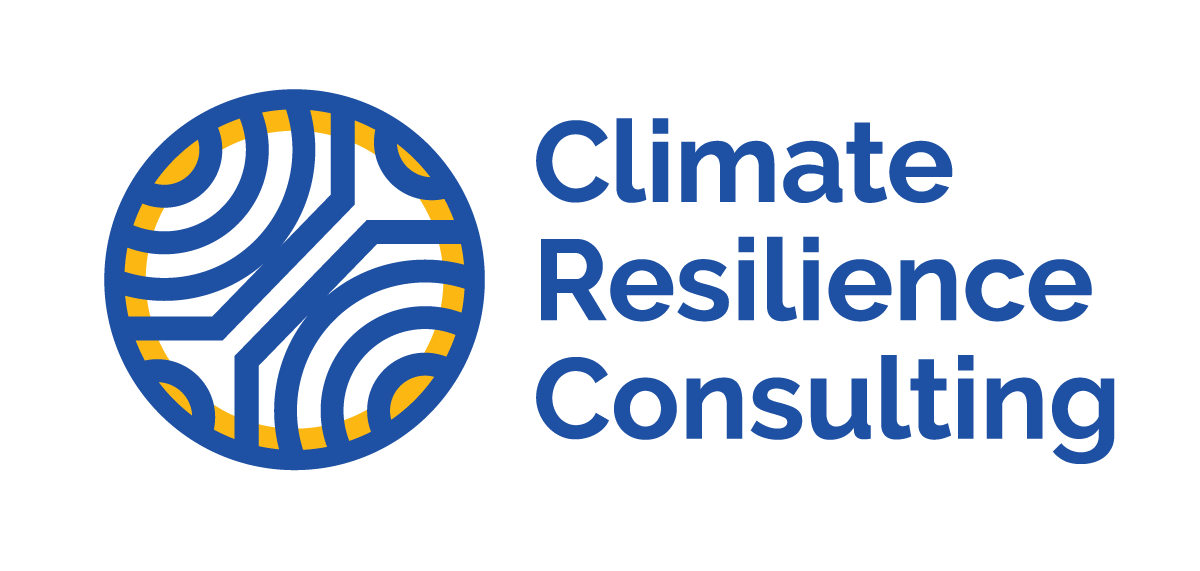In the coming months, Brazil will face a new electoral period. Incumbent president and former Minister of Mines and Energy Dilma Rousseff will run against several other candidates, including the former Minister of Environment, Marina Silva. The candidates share a vision for advancing sustainable development in their country, and highlight the need to not only focus on the growth of investments, but also on living in harmony with the environment.
With this vision in mind, Brazil’s leaders should seek answers to questions that will guide Brazil’s policies in economic and sustainable investment, such as:
1. How can Brazil continue being one of the largest producers and exporters of food while minimizing deforestation, particularly in the Amazon?
2. How can the country produce hydropower without enlarging its reservoirs?
3. In what ways can it improve alternative and renewable resources in the energy matrix? What measures are needed to overcome the water crisis in urban centers?
The country needs current, dependable tools indicating readiness and vulnerability across sectors and regions. One of these tools being leveraged is the ND Global Adaptation Index, ND-GAIN, which includes measures of over 40 indicators that can be examined over almost 20 years of data and compares Brazil to other nations around the world.
Guest Blog by Claudio Szlafsztein
General Director, Center of Environment, Federal University of Pará
Brazil
